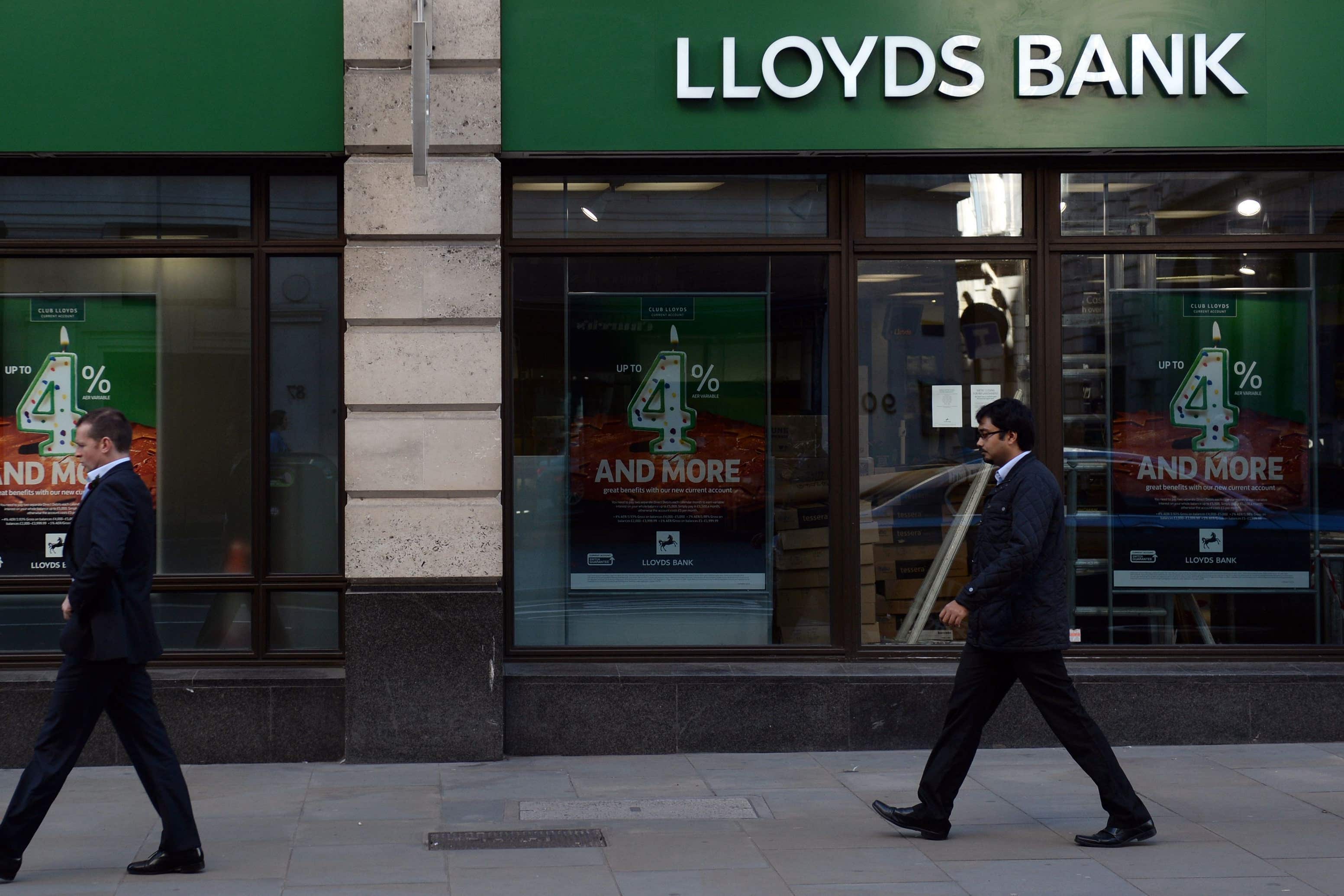UK consumers ‘adjusting to the times’, Lloyds says as its earnings grow
The banking giant said its customers are proving to be resilient in the face of higher living costs.

UK consumers are “adjusting to the times we’re in”, Lloyds Banking Group has said as it reported rising profits on the back of higher borrowing costs.
The banking giant, which also owns Halifax and Bank of Scotland, said its banking and mortgage customers are proving to be resilient in the face of higher living costs.
Lloyds reported a pre-tax profit of £1.9 billion for the three months to September, beating analysts’ expectations and more than tripling the revised £576 million made last year.
The lender took in £3.4 billion in net interest income – the difference between what it paid out for deposits and generated from loans – which was up on the year before.
I think it's safe to say that, as a general matter, customers are adjusting to the times that we're in
It comes as higher interest rates, which currently stand at 5.25%, have pushed up the cost of borrowing.
Lloyds maintained there has been little sign of stress among its borrowers, with arrears relatively stable and defaults on loan repayments slowing, although remaining slightly above pre-pandemic levels.
Its mortgage borrowers typically have a lower loan-to-value deal and a higher income, meaning they are more able to absorb higher interest rates, the bank has previously said.
Loan balances grew by £1.4 billion in the latest quarter, although lending fell by £2.8 billion over the first nine months of the year.
Meanwhile, household spending increased in recent months despite consumers facing a cost-of-living squeeze, the bank revealed.
William Chalmers, Lloyds’ chief financial officer, said: “You can see some pretty consistent and reasonable spend increases – it’s interesting, in our base, that is strongly in both travel and entertainment, as examples.
“So, not just the staples, but also customers choosing to spend money on discretionary uses too.
“I think it’s safe to say that, as a general matter, customers are adjusting to the times that we’re in.”
Furthermore, the finance boss said the banking group has seen more of its customers locking cash away into savings accounts to make the most of higher rates.
Some £3.2 billion was taken out of current account deposits and £3.9 billion put into savings.
More than two-thirds of the money flowing out of current accounts, which typically have low returns, is “captured” by Lloyds’ savings accounts, Mr Chalmers said.
A more competitive savings and mortgage market helped drive a slowdown in the bank’s net interest margin in the latest quarter, compared to the three months to June, as it paid out more to savers and generated less from borrowers.
It comes after rival bank Barclays saw its share price tumble on Monday after cutting its forecast for net interest margin and seeing UK deposits fall by 6%, amid greater competition in the savings market.
Meanwhile, the bank cautioned that UK house prices are expected to fall throughout 2024 and not begin to recover until 2025, as higher rates continue to take a toll on demand for housing.
It also forecast that the unemployment rate could peak at levels above 5% in 2025, and stay elevated until at least 2027.
Bookmark popover
Removed from bookmarks